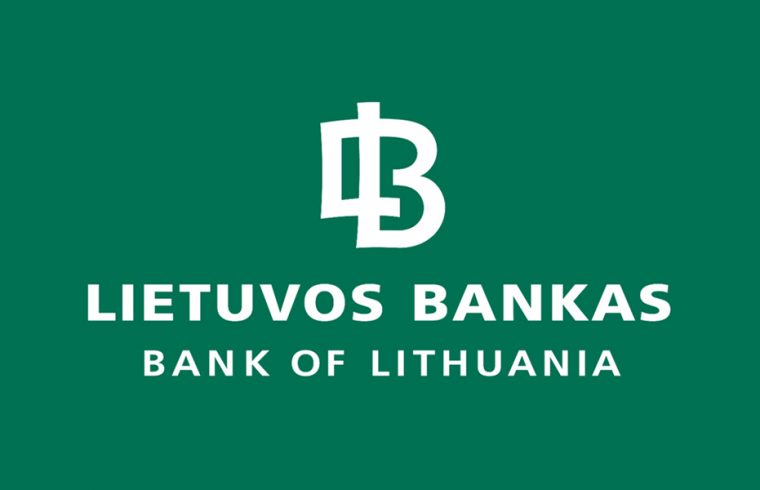The Bank of Lithuania devotes considerable attention to money laundering risk management and has already implemented certain measures to combat such illicit activities. Having carried out a comprehensive assessment of the situation in the country and submitted its recommendations, Moneyval, the Committee of Experts on the Evaluation of Anti-Money Laundering Measures and the Financing of Terrorism, has acknowledged the progress made by the Bank of Lithuania in this field.

We pursue a zero-tolerance approach to violations of anti-money laundering and counter terrorist financing (AML/CTF) obligations. In cooperation with international experts, we have identified measures to manage money laundering and terrorist financing risks more effectively, and have already implemented most of Moneyval’s recommendations: we are enhancing our anti-money laundering capacity, implementing innovative tools and actively consulting financial market participants,” said Vytautas Valvonis, Director of the Supervision Service at the Bank of Lithuania.
The latest Moneyval report takes into account the progress made by Lithuanian authorities in strengthening crime prevention measures. The experts recognised the effective controls that the Bank of Lithuania introduced in relation to authorisation of financial market participants in order to prevent criminals from managing or acquiring a holding in financial institutions. Cooperation between the Bank of Lithuania and the Financial Crime Investigation Service in inspecting financial market participants and exchanging information has also been acknowledged.
This year, to strengthen the prevention and management of risks related to money laundering and terrorist financing, the Bank of Lithuania established the Anti-Money Laundering and Counter Terrorist Financing Division. Furthermore, in 2018, it also carried out sectorial AML/CTF trainings and introduced a regularly updated section dedicated to FAQs on the prevention of money laundering and terrorist financing on its website.
Given the growing number of electronic money and payment institutions in the Lithuanian financial sector, supervision of these financial institutions has been continuously improved; to this end, the Bank of Lithuania established the Electronic Money and Payment Institution Supervision Division. It will assess the progress that electronic money and payment institutions make in managing risks related to money laundering and terrorist financing, taking into account their reports to be submitted to the supervisory authority already this year.
The European Council’s expert report contains recommendations to the Bank of Lithuania aimed at ensuring that the sanctions imposed on financial institutions are effective and proportionate to the degree of each violation.
“Violations related to money laundering prevention are assessed very thoroughly, as was the case last year when infringement fines imposed on one electronic money institution and its manager amounted to over €1 million,” said Mr Valvonis.
While improving the management of risks related to money laundering and terrorist financing, the Bank of Lithuania will continue investing in modern IT tools in order to analyse available data on money laundering risks faced by financial institutions more effectively and, if necessary, take timely measures to prevent criminal activity. Upon approval of new supervisory reports for electronic money and payment institutions, the Bank of Lithuania will start to develop new tools for analysing the collected data.












